

MBG-LEC-SURA Summer 2024 Internship opportunities
(https://undergradresearch.wustl.edu/living-earth-collaborative-summer-undergraduate-research-award).
Students will work closely with a Ph.D. mentor from the Missouri Botanical Garden on an independent research project. Projects available in 2024 include:
- Urban bees (project #2 in the description): https://www.missouribotanicalgarden.org/plant-science/plant-science/resources/opportunities/undergraduate-studies/2024/2024-mentors-and-projects/articleid/1580/nicole-miller-struttmann-ph-d
- Variation in ex-situ collections: https://www.missouribotanicalgarden.org/plant-science/plant-science/resources/opportunities/undergraduate-studies/2024/2024-mentors-and-projects/articleid/1577/christy-edwards-ph-d
Students will be trained in all aspects of research, including project design, background research using library and electronic resources, methods, data collection and analysis, and presentation of results in a poster, public research symposium, and possibly a published paper.
Students will participate in weekly professional enrichment sessions dedicated to a variety of topics, including improving writing skills, ethics in research, intellectual property rights, getting into graduate school, taking the GRE exam, graduate school options, conservation, and sustainable living. Students will also participate in field trips to local natural areas.
HOURS: Full-time (40 hours per week), Monday through Friday, between 8:00AM and 5PM. Total of 10 weeks during the summer of 2024, from June 3 to August 9.
LOCATION: Activities will be performed in different locations across the extended Missouri Botanical Garden campus facilities. Transportation to and between locations is the responsibility of the student.
HOW TO APPLY: Please contact Dr. Monica Carlsen (monica.carlsen@mobot.org), Assistant Scientist – Education Coordinator, Science & Conservation Division, Missouri Botanical Garden to start your application process BEFORE February 1st, 2024.


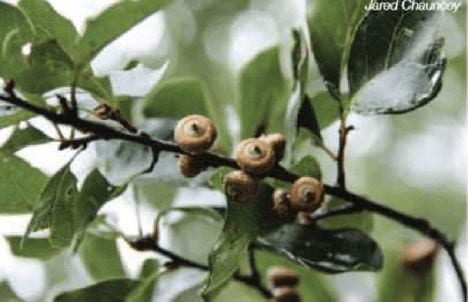
Oertli Oaks: local adaptation in phenotypic traits of Quercus arkansana
Plant Conservation Internship
This projects uses a common garden experiment to test for adaptive variation across the geographic range of Quercus arkansana, an oak species of particular interest for the ex situ conservation program of the Missouri Botanical Garden. Students will be measuring morphological traits weekly on oak saplings growing in a common garden experiment, and entering, editing and analyzing this data.
HOURS: Working hours are flexible, Monday to Friday, between 7 am and 3 pm. The student intern will spend 4-10 hours per week, starting in February 2023, and with the possibility of continuing until December 2023, based on mutual agreement.
LOCATION: Activities will be performed in three different locations, the Oertli Hardy Plant Nursery, the Emerson Electric Conservation Center and the Lehmann Building, all part of the extended Missouri Botanical Garden campus facilities. Transportation between locations is the responsibility of the student.
CONTACT INFO: Dr. Monica Carlsen (monica.carlsen@mobot.org), Assistant Scientist – Education Coordinator, Science & Conservation Division, Missouri Botanical Garden.

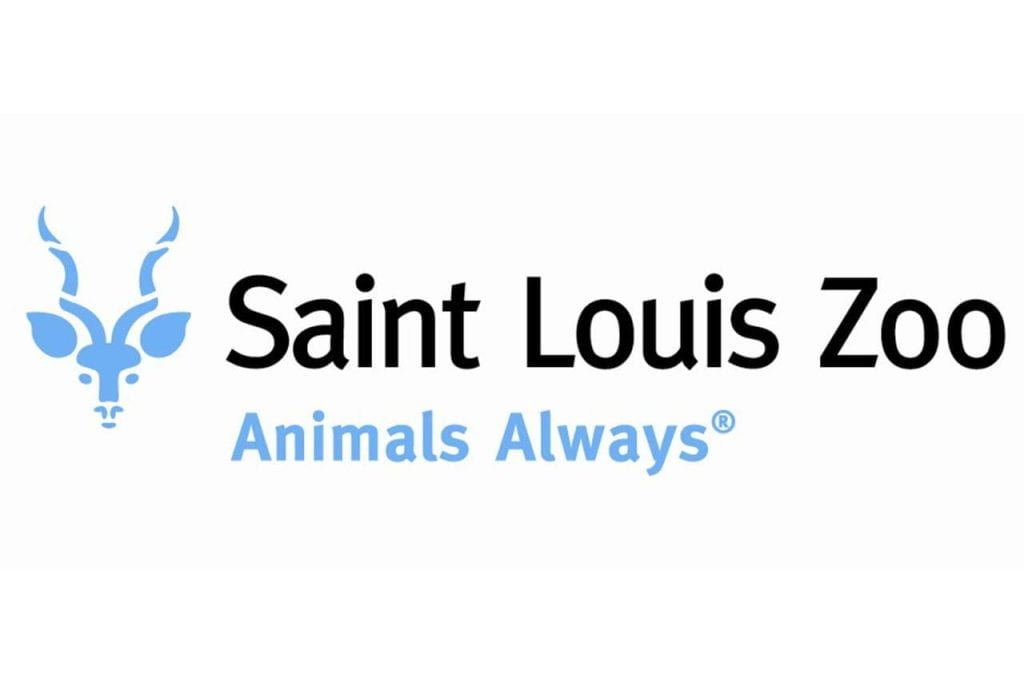
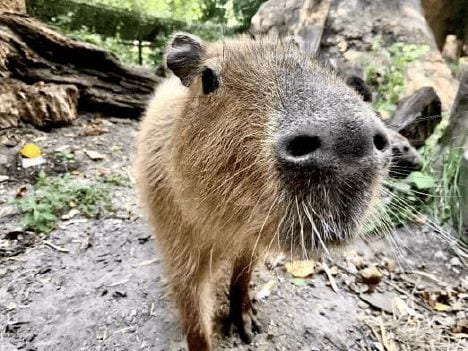
RESEARCH INTERNSHIPS
Interns will assist with video and live observations from studies on a variety of subjects and taxa. As of fall 2023, we are focusing on insects (burying beetles and cockroaches), Humbolt penguins, takin, and painted dogs. Interns will also gain experience with data organization and generating figures using information collected from these or other research projects. Studies of behavior are observational and will not include animal contact. Coursework in animal behavior is strongly recommended but not required, and prior experience using Excel is helpful.
To Apply:
Please review the material at https://stlzoo.org/conservation/reproductive-sciences/research-internships for more information. Here, you can apply for the Research Internship Application (https://stlzoo.formstack.com/forms/saint_louis_zoo_research_department_internship_externship_application_unpaid). Questions should be sent to:
Eli Baskir, MS, Manager of Behavioral Sciences, at baskir@stlzoo.org
Dr. Ashley Edes, PhD, Animal Welfare Scientist, at aedes@stlzoo.org


The Missouri Coalition for the Environment (MCE) is Missouri’s independent citizens’ environmental organization for clean water, clean air, clean energy, and a healthy environment. We envision a future where the people of Missouri, regardless of race, income, or geography, live in and demand a clean, safe, and protected environment, now and for generations to come. We work to achieve this vision through our mission of educating, organizing, and advocating in defense of Missouri’s people and their environment.
We strive to provide a multidisciplinary experience that gives you the chance to see the many sides of an environmental issue. We will plan field trips and other outings to make sure you get out of the office to see the communities we serve and understand first-hand the impacts of the issues we address. Internships are unpaid, unless otherwise specified.

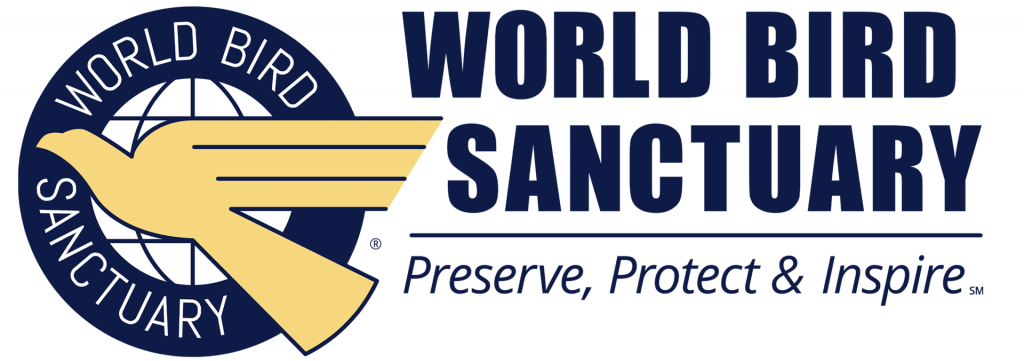
Would you like to join our flock? World Bird Sanctuary is looking for interns! Our 12 week internship program prepares aspiring animal caretakers for a career in the animal world. As a WBS intern, you will gain valuable hands-on experience with animal husbandry, behavior training, enclosure maintenance, records keeping, wildlife rehabilitation, and educational programming and outreach. During your internship, you will have the opportunity to work alongside, and receive continuous training and feedback from our experienced staff members in each part of the sanctuary. It is our goal to provide you with the knowledge and experience necessary to help you land your first job in this competitive field!

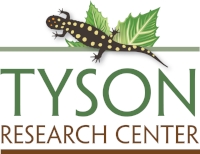

Spend your summer immersed within WashU’s environmental field station community. During this 10-week program, undergraduate students work elbow-to-elbow with a faculty or staff principal investigator, post-doctoral scientist, or graduate student mentor on current Tyson-based research projects. A weekly colloquium provides professional preparation activities including scientific communication practice, journal article discussion, career panels, and research poster development. Fellows also attend a weekly visiting scientist seminar and potluck dinner for the Tyson community. WashU students and outstanding students from other universities are eligible to apply. Tyson welcomes people of all racial, cultural, ethnic, and gender identities. Fellows are provided with a stipend and daily transportation. Scholarship support is available for Pell-eligible students.


Unpaid Animal Keeper Internships are available year round with the Endangered Wolf Center, located in southwest St. Louis County at Washington University’s Tyson Research Center.
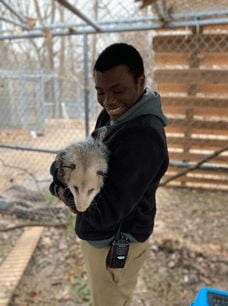
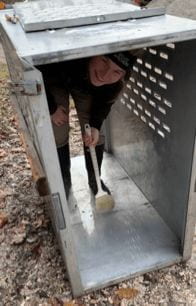
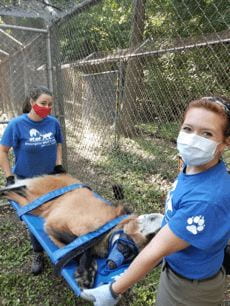
The Endangered Wolf Center (EWC) is a non-profit organization dedicated to saving endangered wolves and other canid species from extinction by educating people about their importance in the ecosystem and supporting their reintroduction into their native habitat through a combination of managed breeding and research.
Internships provide hands-on experience working directly with the animal care staff. Intern responsibilities include, but are not limited to, diet preparation, monitoring behavior and health of animals, creating and distributing enrichment, observing training sessions, as well as enclosure maintenance.

Donald Danforth
Plant Science Center
Danforth interns gain exposure to all aspects of modern scientific research, from design to experimentation to reporting. See first-hand what it takes to become a world-class plant scientist, and the broader impact of scientific discovery.